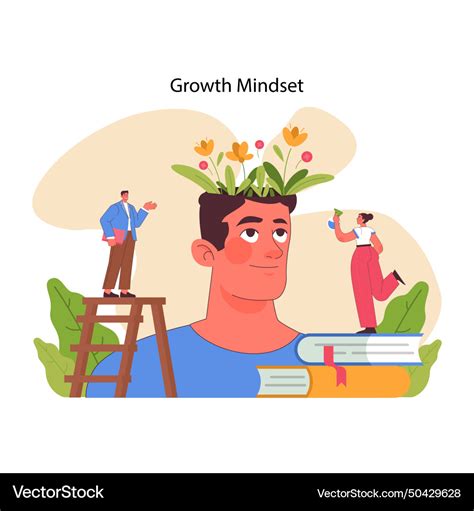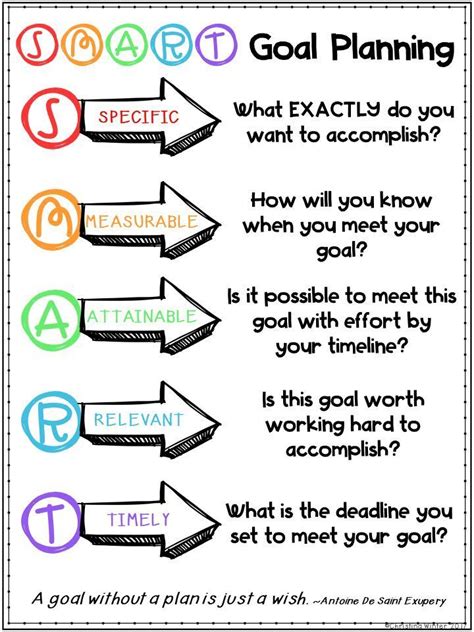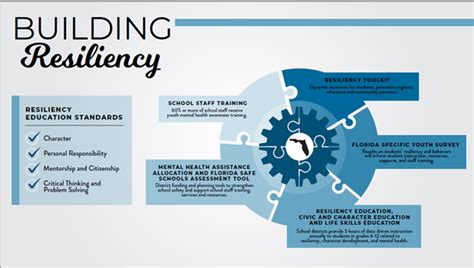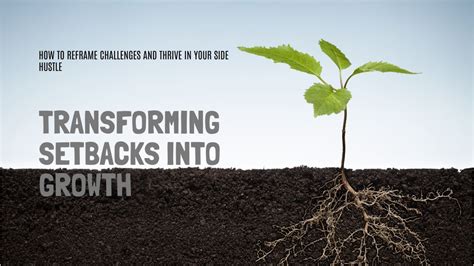In life, setbacks are inevitable. Whether it’s a career stumble, a personal challenge, or a missed opportunity, how we react to these moments significantly impacts our future. For many, a setback can trigger a fixed mindset response – feelings of inadequacy, a desire to give up, and the belief that abilities are predetermined. However, by cultivating a growth mindset, we can transform these moments of adversity into powerful catalysts for learning and advancement.
Understanding the Growth Mindset
At its core, a growth mindset, a concept popularized by psychologist Carol Dweck, is the belief that your abilities and intelligence can be developed through dedication and hard work. It stands in stark contrast to a fixed mindset, which assumes these qualities are innate and unchangeable. When faced with challenges, individuals with a growth mindset see them as opportunities to learn and grow, rather than insurmountable obstacles.

The Power of Reframing
Reframing is the process of consciously changing the way you look at a situation, problem, or event. Instead of viewing a setback as evidence of your limitations, a growth mindset enables you to reframe it as a temporary obstacle, a source of valuable feedback, or an experiment that didn’t yield the expected results. This shift in perspective is crucial for building resilience and maintaining motivation.
When you reframe a setback, you move away from self-blame and towards self-compassion and constructive analysis. It’s about asking, “What can I learn from this?” instead of “Why did I fail?” This simple change in questioning opens the door to solutions and future success.
Practical Steps to Reframe Setbacks
1. Acknowledge and Accept Your Emotions
It’s natural to feel disappointment, frustration, or sadness after a setback. A growth mindset doesn’t mean ignoring these emotions; it means acknowledging them without letting them define you. Allow yourself to feel them, then consciously choose to move towards a more constructive perspective. Self-compassion is key here – treat yourself with the same kindness you would offer a friend.
2. Analyze, Don’t Agonize
Once you’ve acknowledged your feelings, shift to an analytical mode. What exactly went wrong? What factors were within your control, and what were external? Avoid dwelling on the failure itself. Instead, dissect the experience for lessons. What data did this setback provide?

3. Focus on “Yet” and Learning
One of the most powerful phrases in a growth mindset is “yet.” If you haven’t achieved something, you simply haven’t achieved it *yet*. This small word implies that with continued effort and learning, success is still possible. View setbacks as integral parts of the learning curve, providing insights into what strategies might not work, paving the way for new approaches.
4. Seek Feedback and Support
Don’t isolate yourself after a setback. Reach out to mentors, colleagues, or friends for their perspectives. Objective feedback can illuminate blind spots and offer new strategies you hadn’t considered. Discussing your experience can also provide emotional support and reinforce that setbacks are common and surmountable.
5. Develop an Action Plan
Based on your analysis and feedback, create a concrete plan for moving forward. What specific actions will you take? What new skills do you need to develop? What different approaches will you try? This proactive step transforms the abstract concept of learning from mistakes into tangible steps towards improvement.

Cultivating Long-Term Resilience
Reframing setbacks with a growth mindset isn’t a one-time fix; it’s a practice that builds long-term resilience. Each time you successfully navigate a challenge, you strengthen your belief in your ability to overcome future obstacles. This builds confidence, fosters innovation, and encourages a willingness to take on new, challenging endeavors.
Embrace challenges as opportunities to push your boundaries, learn new skills, and deepen your understanding of yourself and the world around you. Remember that true success isn’t about avoiding failure, but about how gracefully and effectively you recover from it.

By consciously adopting a growth mindset, you transform setbacks from dead ends into detours – often more scenic and instructive ones. This fundamental shift in perspective not only helps you overcome immediate challenges but also cultivates a deeper sense of purpose and continuous personal evolution.




